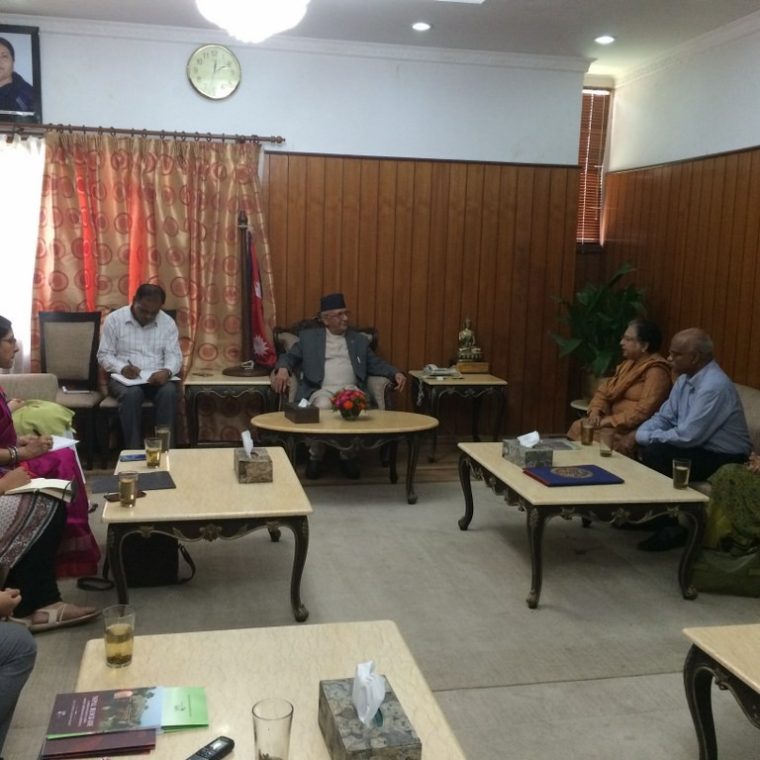US senators have expressed concern over Maldives’ tense and ‘deteriorating’ political situation and the implications of recent events on the democratic process, human rights, and American national security policy in South Asia.
Senators John McCain and Jack Reed put their concerns into a letter addressed to Secretary of Defense Ash Carter and Secretary of State John Kerry.
“As you are aware, the political space in the Maldives is quickly closing as democratically-oriented opposition political parties, civil society groups and journalists have come under increased pressure” the letter read “We urge the State Department to increase high level engagement with the government of the Maldives and send a strong message that the country should abide by its international commitments, especially to the rule of law.
The senators had further filed an amendment to the National Defense Authorization Act for 2016 that expressed that Maldives’ authorities should release former President Mohamed Nasheed and other political prisoners in addition to solidifying human rights in the Maldives.
They had also commended Kerry for having addressed the issue during his visit to Sri Lanka in May.
The State had raised terrorism allegations against Nasheed for having arrested and detained controversial Criminal Court judge Ahmed Mohamed during his tenure. On the 22nd of February, the Police had apprehended Nasheed at his home.
Kerry had said that democracy in the Maldives had ‘come under threat’; while a senior human rights official from the United Nations had on the same week said the trial against Nasheed was vastly unfair, arbitrary and disproportionate.
“He learnt about the new charge under the Terrorism Act only upon arrest. Following a rushed process that took place over less than three weeks, at night and often without the presence of Mr. Nasheed’s lawyers, he was convicted and sentenced. Importantly, the court denied Mr. Nasheed the possibility to prepare and present adequate defence, including calling defence witnesses, and examining the evidence against him” a statement from Mona Rishwami read.
On March 20th, the United Nations’ Special Rapporteur on the independence of judges and lawyers Gabriela Knaul released a statement stating that the hastened nature of the trial against Nasheed leads to the conclusion that the Criminal Court’s sentence was pre-determined.
“Mr. Nasheed’s trial was not only a clear violation of the Maldives’ international human rights obligations under the International Covenant on Civil and Political Rights, but it also made a mockery of the State’s own Constitution,” the statement read. “The speed of the proceedings combined with the lack of fairness in the procedures lead me to believe the outcome of the trial may have been pre-determined.”
He was sentenced to 13 years in prison on the 13th of March.
The Court’s verdict read that Nasheed was found guilty of terrorism because of the overwhelming evidence found against him. It further stated that even though Nasheed had denied the charges, he had previously been found guilty of theft and perjury. Given that this weakens his not-guilty-plea, the Court found that Nasheed had ‘masterminded the unlawful’ arrest.

